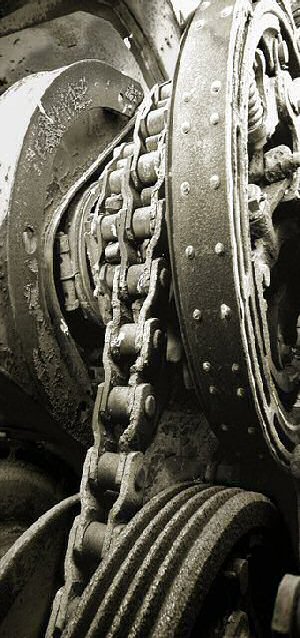

Where it all began: FRB Founder Stephen Dunifer Broadcasting From The Berkeley Hills - Summer1993
Founded on April 11, 1993 as a Free Speech voice challenging the regulatory structure and power of the Federal Communications Commission (FCC), Free Radio Berkeley has been engaged in an ongoing legal battle with the FCC. Until it was silenced by a court injunction in June 1998, Free Radio Berkeley was broadcasting 24 hours a day, 7 days a week at 104.1 FM with 50 watts of power as the alternative voice for the greater Berkeley/Oakland area. The original Free Speech mission to provide community news, discussions and interviews, information, a wide range of music, and more has now been taken up by Berkeley Liberation Radio.
Free Radio Berkeley was instrumental in helping to to create an ever growing micropower broadcasting movement to liberate the airwaves and break the corporate broadcast media's stranglehold on the free flow of news, information, ideas, cultural and artistic creativity. This movement, by creating an ungovernable situation for the FCC, forced this regulatory body to establish a very limited low power FM broadcast service (LPFM). Viewed by many within the micropower community as a form of damage control and a divide and conquer strategy, this LPFM service only allows the establishment of low power stations in rural communities due to overly stringent channel spacing requirements. Even given the limited nature of LPFM it was immediately opposed by both the National Association of Broadcasters and National Public Radio. As a result of intense lobbying efforts by both these organizations Congress passed a bill that severely curtailed an already limited service. The National Lawyers Guild Committee on Democratic Communications responded to the initial LPFM rule making proceedings and is currently assisting with the LPFM application process.
Following the example of Free Radio Berkeley, hundreds of micropower broadcast stations have taken to the air across the United States and in other countries as well. Current FCC regulations mandate a minimum broadcast power of 100 watts for non-LPFM stations and require such a high cost of entry so that only the rich and well endowed can have a voice. Micropower broadcasting is helping to restore grassroots democracy, bringing back the concept of open and free civic discourse among all citizens. Further, it is a direct challenge to a broadcast system based entirely on wealth. A micropower FM broadcast station with a coverage radius of 12-15 miles can be put on the air for a cost ranging from $1000-$2000. An affordable amount for any community desiring to have a voice. Most of our transmitters can operate directly from car batteries, thereby allowing the setting up of portable stations operating at strike lines, rallies, demonstrations, community events and fairs, and festivals. Drive-by radio!
Free Radio Berkeley has two somewhat distinct entities - Free Radio Berkeley 104.1 FM, a silenced broadcast station that was operating with 100 volunteer programmers, and - Free Radio Berkeley IRATE (International Radio Action Training, Education), which provides transmitter kits, technical support and training and is involved in national and international outreach and organizing efforts. Our transmitters and other related equipment are being used by popular liberation struggle movements in a number of countries.
On this site you will find information on Free Radio Berkeley. Our web storefront is also available offering the latest in micropower broadcasting kits, accessories, complete station packages, audio equipment and antennas. Also, check out the Micropower Broadcasting section containing information and links to help you start your own community micropower radio station.
http://www.freeradio.org/index.php?pagename=frb/about.html






Nessun commento:
Posta un commento